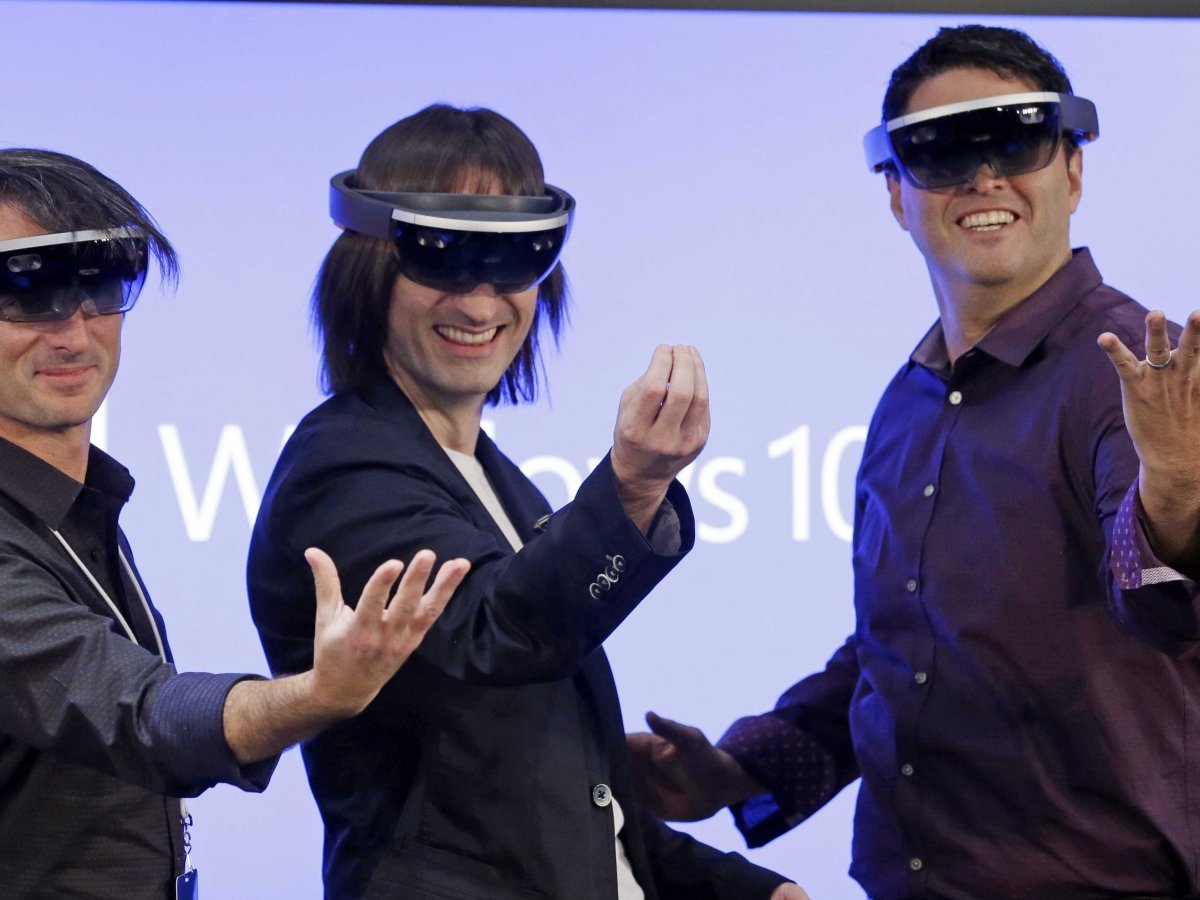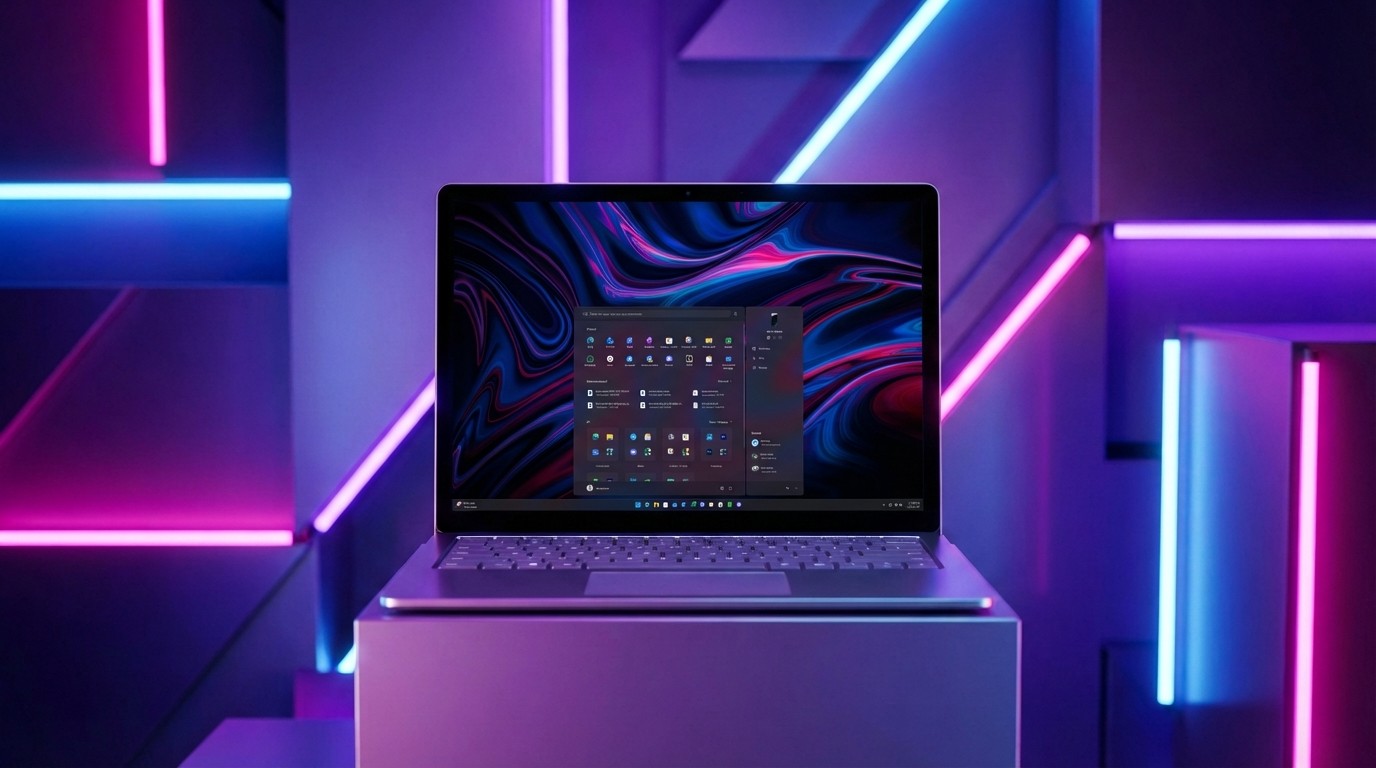Microsoft wants more content for HoloLens before a consumer version is released

All the latest news, reviews, and guides for Windows and Xbox diehards.
You are now subscribed
Your newsletter sign-up was successful
Microsoft is apparently going to wait a while before it launches a consumer version of its HoloLens augmented reality headset. Alex Kipman, the head of Microsoft's HoloLens team, stated this week that there isn't enough content for the headset that will work in the consumer market.
Microsoft has already stated that it is targeting business customers for the first version of HoloLens, but it has also shown how the headset could be used for gaming. Re/code reports:
After seeing Kinect fail to connect with consumers despite strong early sales, Alex Kipman refuses to put a time frame on when Microsoft will start selling its augmented reality device, HoloLens, to consumers. "When I feel the world is ready, then we will allow normal people to buy it," Kipman said Thursday, speaking to reporters at the TED conference in Vancouver. "It could be as soon as we say 'yes,' and it could be as long as a 'very long time.'"
While the upcoming $3,000 developer's version of the HoloLens hardware could, in theory, also be made available to the general public. Kipman says buyers might have an issue with what to do with the headset:
"If a consumer bought it today, they would have 12 things to do with it," Kipman said. "And they would say 'Cool, I bought a $3,000 product that I can do 12 things with and now it is collecting dust.'"
Microsoft is apparently taking lessons from the Kinect motion sensor add-on device that launched for the Xbox 360. While it sold well at first, very few games actually ending up using the device, and it also had its own hardware problems.
"It was not a pleasant experience," Kipman said. "It was just not ready to go sell 10 million units in 60 days, which is what it did."
Source: Re/code
All the latest news, reviews, and guides for Windows and Xbox diehards.

John Callaham was a former contributor for Windows Central, covering Windows Phone, Surface, gaming, and more.
